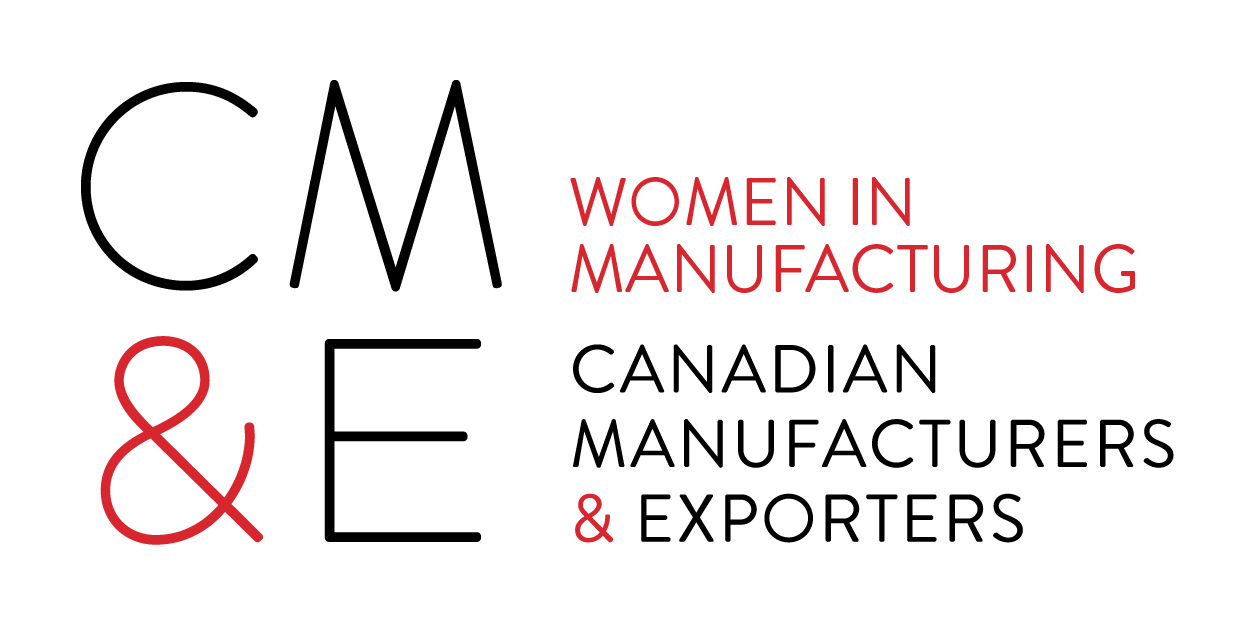HERStory | Leila Keshavjee

Founder and CEO of Happy Pops
Leila Keshavjee is the Founder and CEO of Happy Pops – an all-natural frozen treat company based in Toronto. When Leila graduated with a degree in kinesiology from the University of Toronto, she founded Happy Pops after learning that there are many names for sugar and it’s often difficult to find products with ingredients you can recognize. As an athlete and coach, she wanted to create a unique line of ice pops suitable for breakfast on the go, post-workout, a refreshing afternoon snack, or a great addition to any event. Happy Pops are handcrafted in small batches without artificial ingredients, and can be found at retail stores across Ontario.
What does International Women’s Day mean to you?
“This is a tough question – I really think we should be recognizing women all year round. It needs to go beyond just a day – really recognizing that women are not as funded as males and they have additional barriers compared to their male counterparts. When will we reach a point that there is true equality? When will I walk into a meeting with a grocery buyer and see more female representation? When will this industry have more diversity and more women of colour? Even though more brands are women-owned, we still have a long way to go.”
What made you choose a career in manufacturing?
“When I started to think about the creation of my product, I actually couldn’t find anyone to manufacture it in the way that I wanted. Manufacturing allows me to innovate quickly and keep control of the quality of my products and know exactly what the product is made of. While manufacturing definitely has a ton of challenges – you’re responsible for when things go wrong and when machines break down it’s all on you – there’s also the pros. While studying kinesiology I spent a lot of time thinking about creating a better for you business and a better for you product. People are looking for good quality products that also taste good – this is exactly what manufacturing allows me to do.”
What are the biggest barriers you have faced and how did you overcome them or are overcoming them?
“I think with any business, acquiring customers is one of the hardest things. While there is support for local, retailers are not supporting local in the way that I think they could be. It’s not just I support local – how are you really supporting local? Are you removing some of the barriers for local brands to thrive? There’s still a huge amount of retail space for brands that aren’t even manufactured in Canada – why is that? The change really needs to happen higher up by giving local brands more opportunities to thrive. We need people with platforms giving that opportunity to local businesses.”
“Another challenge is the awareness of what supporting local results in. The only way to rebuild our economy is to support local – there is no other way. Many people don’t realize that manufacturers are creating local jobs – hiring their friends, family, and neighbours – which in turn benefits our economy. If we can get more Ontario businesses to scale up, that will result in helping employ more Ontarians.”
Why would you encourage young women to enter careers in manufacturing?
“Manufacturing gives you full control of what you’re creating. It not only allows you to create, but to innovate. In my case, I don’t believe in additives, I don’t believe in using colours – we don’t need that extra stuff. By creating the product myself, I was able to build what I wanted to build. I am in full control of what is put in my products and in allowing consumers to be able to understand what they’re eating.”